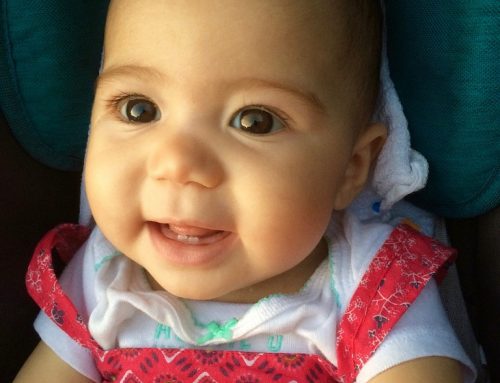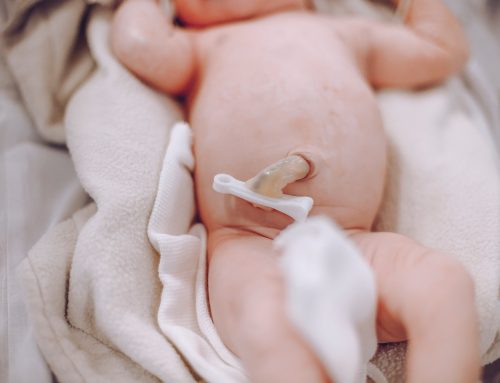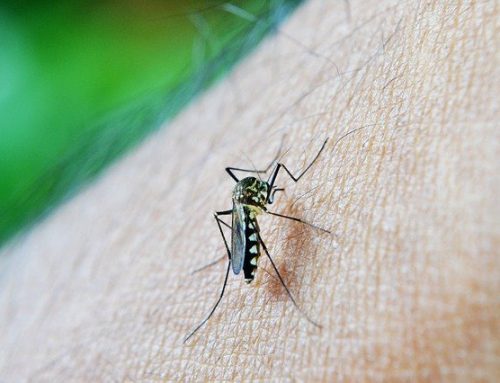A child may have an allergic reaction to food, medicine or even an item he touches. The body may respond unexpectedly to an item it comes in contact with, internally or externally, triggering an allergic reaction. In some cases, the allergy subsides on its own, without any intervention. But sometimes the allergic reaction can be severe, and the symptoms can be frightening. Be prepared to identify severe allergy and administer first aid for severe allergy.
Symptoms of a severe allergic reaction
Body’s allergic reaction can be an immediate or delayed response to an allergen. The allergen can come from food or medicine consumed, or even from contact with external things like animal hair or allergen in air etc.. If you baby shows one or more of these following symptoms, he may be having a severe allergic reaction:
- Itchy, red rash
- Swollen face or lips
- Watery/itchy eyes
- Uneasiness or breathlessness
- Paleness or excessively flushed
- Sudden irritability or agitation
- Diarrhoea or vomiting
First aid for severe allergy
There is practically no first aid for food related or other severe allergies. In some countries, EpiPen is used as first aid in case of severe allergic reactions. But India has no regulations on buying or using EpiPens. Unless a known allergen causes the allergic reaction and you have a prescribed antidote for the same, your best shot is to seek immediate medical attention in case of severe allergy.

Source: https://goo.gl/ASASQF
If your baby has difficulty breathing, help him with breathing by making him sit and lean forward a bit.
If your child becomes unresponsive or has stopped breathing, start CPR.
Seek immediate medical attention for severe allergic reaction
If you suspect your child has a severe allergic reaction, please rush him to the nearest hospital*. The windpipe may swell due to allergy, and the child may need immediate medical help.
Note: *If you suspect your child shows symptoms of a severe allergic reaction, try to take your child to the nearest casualty instead of OPD. Because an emergency ward is usually better equipped to handle such a situation.
Learn more about first aid for babies
Click here to know more about first aid for babies in different situations.





Leave A Comment